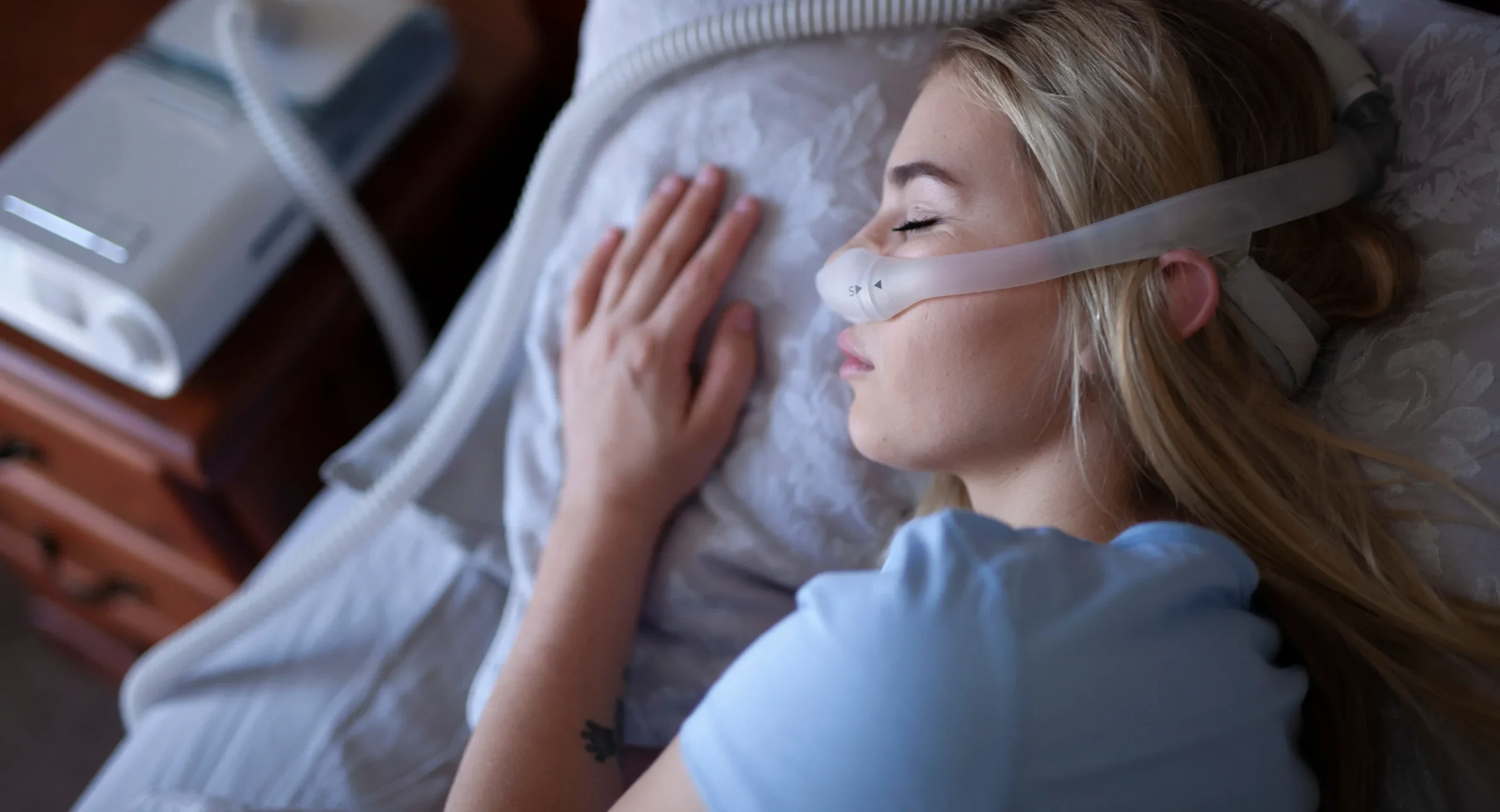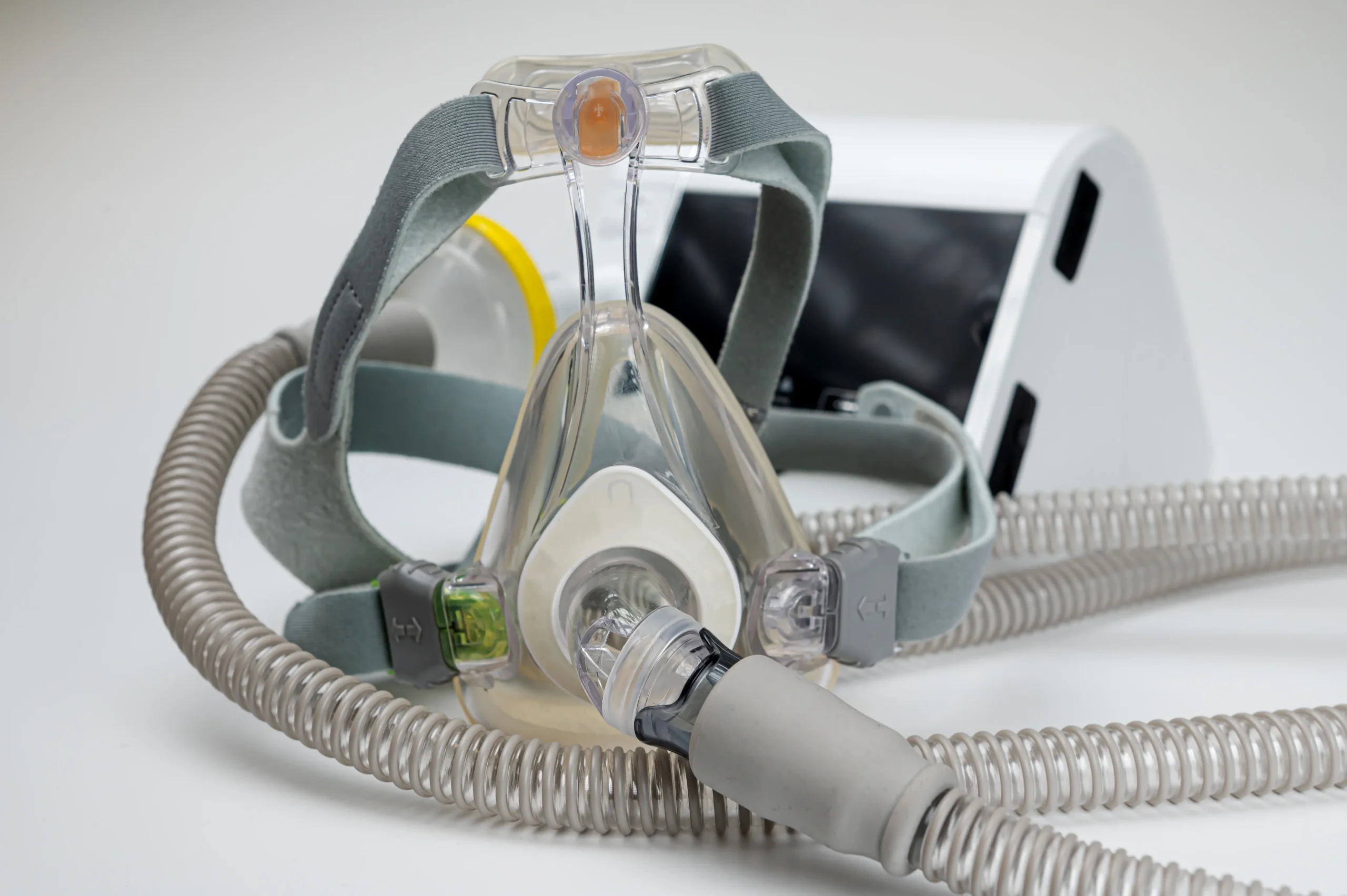Medical supply corporation Respironics, a subsidiary of the Dutch conglomerate Koninklijke Philips N.V. (Philips), recalled millions of its CPAP and BiPAP machines in 2021. The recall came after research indicated that the devices’ sound abatement foam could break down and pose serious health risks to users. The recall affects machines sold between 2008 and 2021. Many users have reported injuries related to inhaling or swallowing particles from the foam. These issues include respiratory problems, cancer, and other complications.
The U.S. Food and Drug Administration (FDA) labeled the recall as a Class I recall, indicating a significant risk of harm or death. Since the recall, users have filed numerous lawsuits against Philips, seeking compensation for medical issues allegedly tied to the faulty machines. In 2024, Philips agreed to a $1.1 billion settlement to address claims from those affected. This recall and the resulting litigation highlight the widespread impact on people who relied on these machines to manage sleep apnea and other respiratory conditions.




